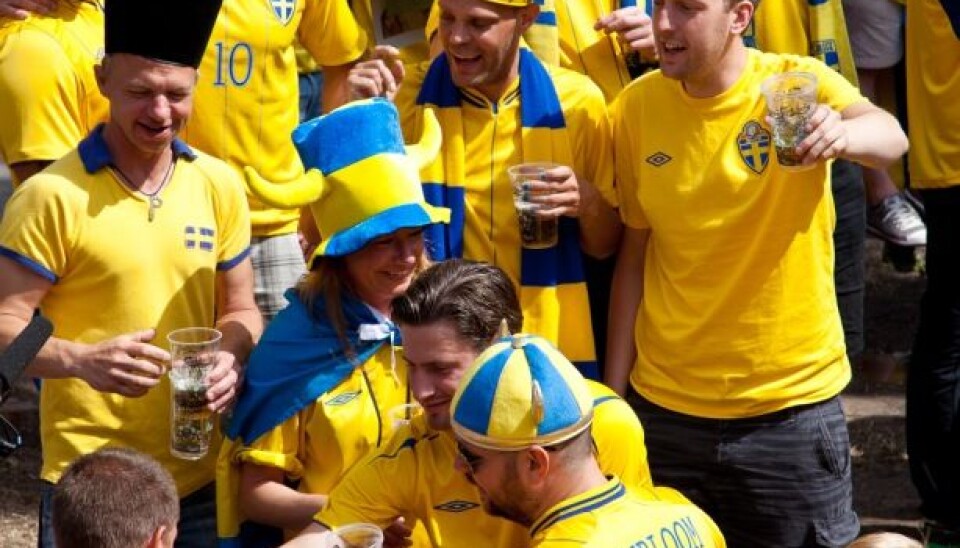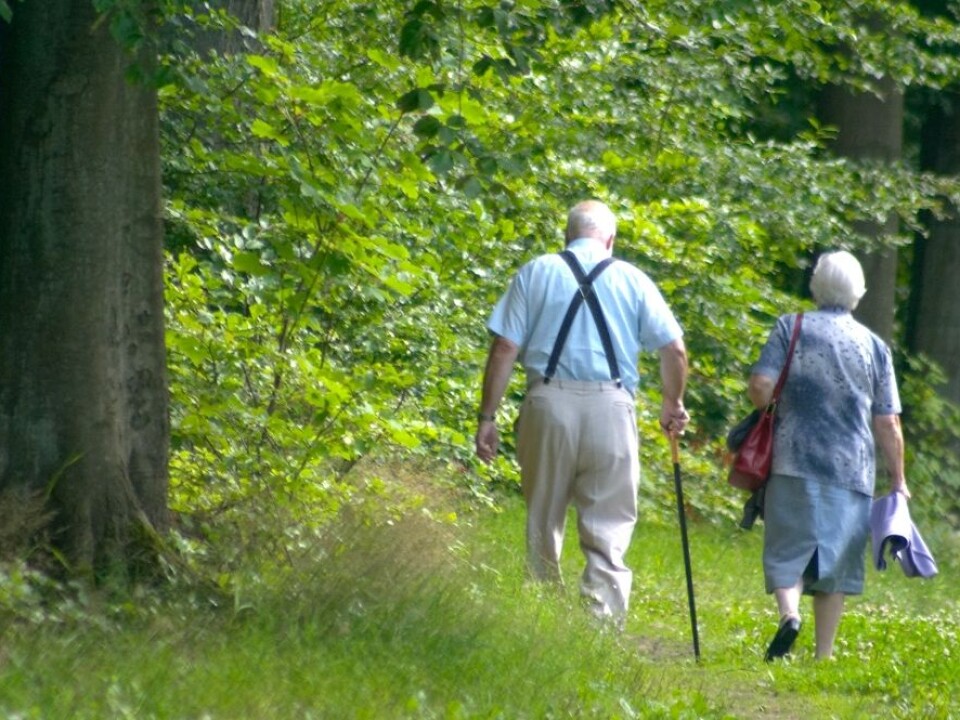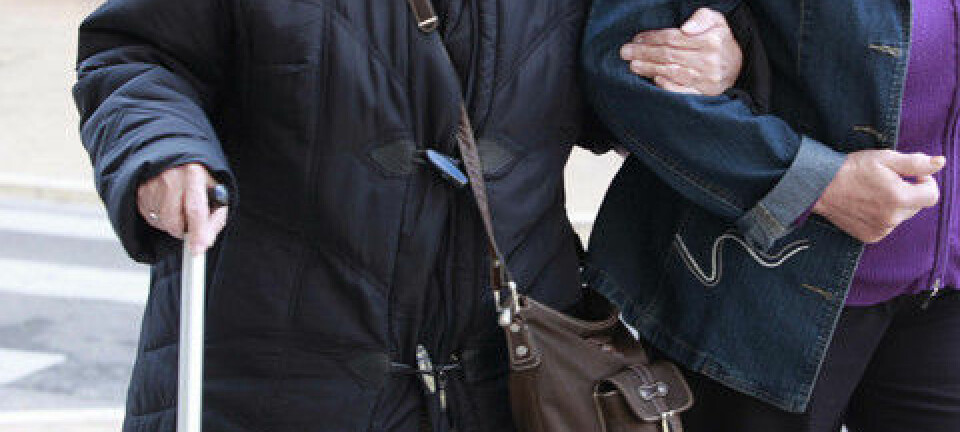
Sick Swedes keep on swigging
Even though alcohol consumption can delay a return to work, a new survey shows that Swedes like their liquor, particularly at sporting events, and even when they are on sick leave.
Denne artikkelen er over ti år gammel og kan inneholde utdatert informasjon.
Researchers at the University of Gothenburg have charted the leisure activities during which Swedes consume the most alcohol.
Their first round of results came in 2011, with a study of a selection of Swedes from the general population.
Now a second round has been published and the same questions have been answered by Swedes who were on sick leave from work.
You might think that people on sick leave are less likely to hit the bottle, but drinking patterns appear to remain quite similar between the two groups.

Nearly a quarter of the Swedish men on sick leave engaged in binge drinking at least once a month. This occurred most often in connection with sports events.
The survey shows that the "driest" group was comprised of women over the age of 30 who spent a lot of time in the outdoors. It’s much rarer for them to go on a bender.
Eighteen leisure activities and alcohol
The goal of the study was to find associations between intensive alcohol consumption and 18 different leisure activities.
Among these activities were blogging, participation as a spectator in sports events and hanging around with friends.
Intensive consumption was defined as five or more alcohol units at one time, at least once a month. The researchers also divided the study participants into two age groups, one with people aged 19-30 years and the other with people aged 31 - 64 years.
Alcohol consumption among people who were newly sick-listed and the general population was nearly identical.
Some 24 percent of the men on sick leave engaged in intensive alcohol consumption, as compared to 23 percent of the general population. The comparable figures for women were much lower, at seven and eight percent respectively.
The men’s drinking occurred most often in social gatherings with friends. Younger men most often drank in connection with sports events. Contrary to the practice in neighbouring Norway, beer is sold to spectators at Swedish soccer and hockey games.
The researchers found no links between social get-togethers, sports and alcohol among the women in the study.
Less drinking among women who like outdoor hikes
The study also showed that there are a few types of leisure activities among women that are unlikely to be associated with heavy alcohol use. Drinking was less prevalent among women over 30 who often go to movies or the theatre, participate in sports or go for walks outdoors.
This doesn’t mean that a walk in the woods lowers your risk of drinking a bottle or two of wine some evening. A reasonable explanation is that women above the age of 30 drink less than younger women and are also more likely to enjoy walks in the woods – but these are independent factors.
Nevertheless, the researchers think the results can come in handy. It’s reasonable to assume that binge drinking while you are on sick leave doesn’t facilitate a hasty return to work – considering the effect of hangovers.
Perhaps it’s a good idea for doctors who put older women on sick leave to recommend that they use some of their time off to go for outdoor walks?
Different peopl need different approaches
Numerous studies have stressed the importance of having an ample social network.
But the results of the study also indicate that you can have too much of a good thing.
“Different people need different approaches. But finding ways of socializing and choosing settings where alcohol consumption is not front and centre are good measures for getting people back to work,” says one of the researchers behind the study, Christina Andersson, in a press release from the University of Gothenburg.
--------------------
Read the Norwegian version of this article at forskning.no
Translated by: Glenn Ostling

































